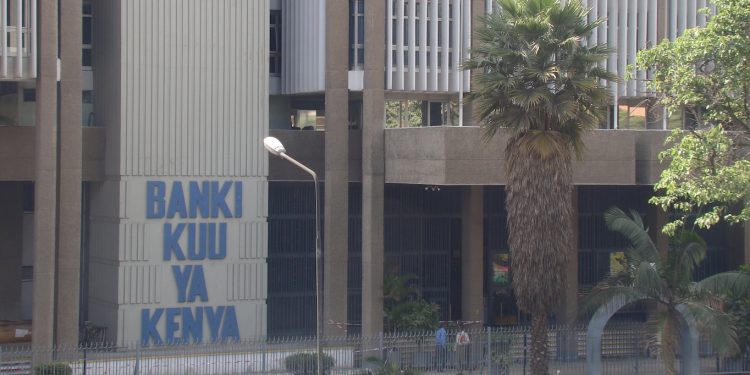Treasury has aggressively entered the local market, seeking KSh50 billion to settle commercial debts that are soon maturing.
Analysts maintain that the 10-year and 5-year bonds will be oversubscribed. “While there is intense competition for credit between retailers and the Central Bank of Kenya, the fiscal policy space is now much better as indicated by Treasury’s recently announced austerity measures,” said Mr Felix Ochieng, a dealer at Faida Investment Bank.
The Central Bank of Kenya (CBK) is entering the local debt market amid growing concerns, especially from the International Monetary Fund and the World Bank over Kenya’s bulging public debt.
“The World Bank has already indicated its willingness to lend loans to the tune of KSh 100 billion to settle some of the Government’s commercial debts. Treasury is also doing a lot to ensure it settles foreign debt commitments, a fact that could lead to these bonds being oversubscribed,” said Mr. Ochieng.
In December, Treasury issued a 10-year Sh50 billion bond but only received bids worth Sh38.3 billion. It then tested the market appetite with a five-year Sh25 billion bond that was oversubscribed at Sh28 billion.
“This latest bid will be a key test on risk premia that the market wants to levy on the indebtedness of the government. The market will test how high the government can go and if these rates go up then banks will follow suit. The sad thing is private sector credit will continue to suffer because of unabated debt appetite of the Kenyan Government,” said Reginald Kadzutu, Head of Retail- Zamara.
According to the IMF, Kenya’s economy has continued to perform well. Real GDP growth averaged 5.6 percent in the first half of 2019, despite the late onset and below average rainfall that affected agriculture production.
“The current account deficit has narrowed, and foreign exchange reserves are adequate. Credit growth has remained low (6.6 percent year-on-year in October) but is expected to rise steadily because of the recent elimination of interest rate controls and deployment of innovative credit products targeting small enterprises.
The Fund has supported elimination of the interest rate controls, which it says will provide greater flexibility for monetary policy.
After reaching a budget deficit of 7.7 percent of GDP in FY2018/19, the authorities aim to significantly reduce the deficit. Progress in this direction, including the design of tax and expenditure reforms that support a growth-friendly fiscal consolidation, would be important to anchor a new Fund-supported program,” said the IMF after its last visit to Kenya in November last year.




